At some point in our life, all of us face with a minor jaw problem. Whether it be a clicking sound when we talk, a regular muscle ache or experiencing pain while opening the mouth. Some of these can be nothing to worry about, however,the difference between nothing and problematic can be a bit blurry.It's very important to differentiate these two possibilities. A minor clicking sound can very well be a symptom for an TMJ issue. Or, it can be a just that, a minor clicking because of a wrong jaw movement. In this blog, we are gonna inform patient's about jaw problems and when to deal with them.
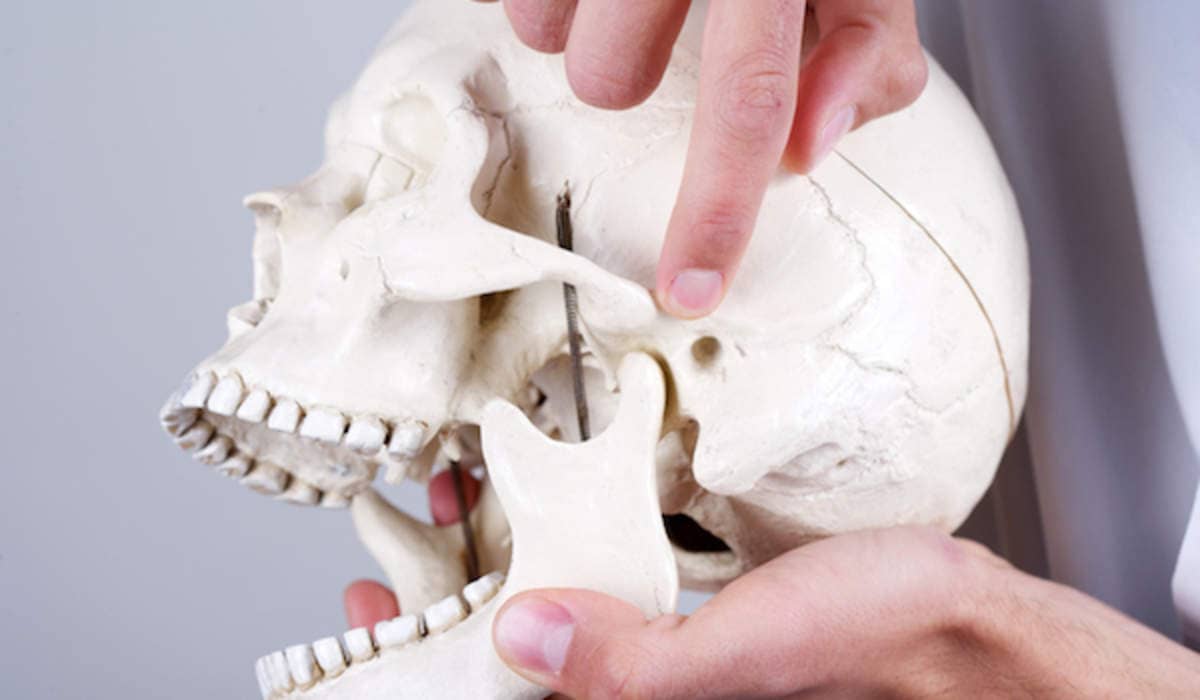
Jaw,also called as mandible, has one job- not counting breathing as it should be a nose job- and thats opening and closing. In order to do that, jaw has a pair of joints. These are called temporomandibular joints. With the help of the muscles, they control the general movement of our jaw.Temporomandibular joints are located at the front side of ears and are connected to skull. We can even sense their movement when we stick our lower jaw forward. We can also feel and even work jaw muscles. These are called masseter muscle and temporalis muscle. These joints and muscles work together to move the jaw.
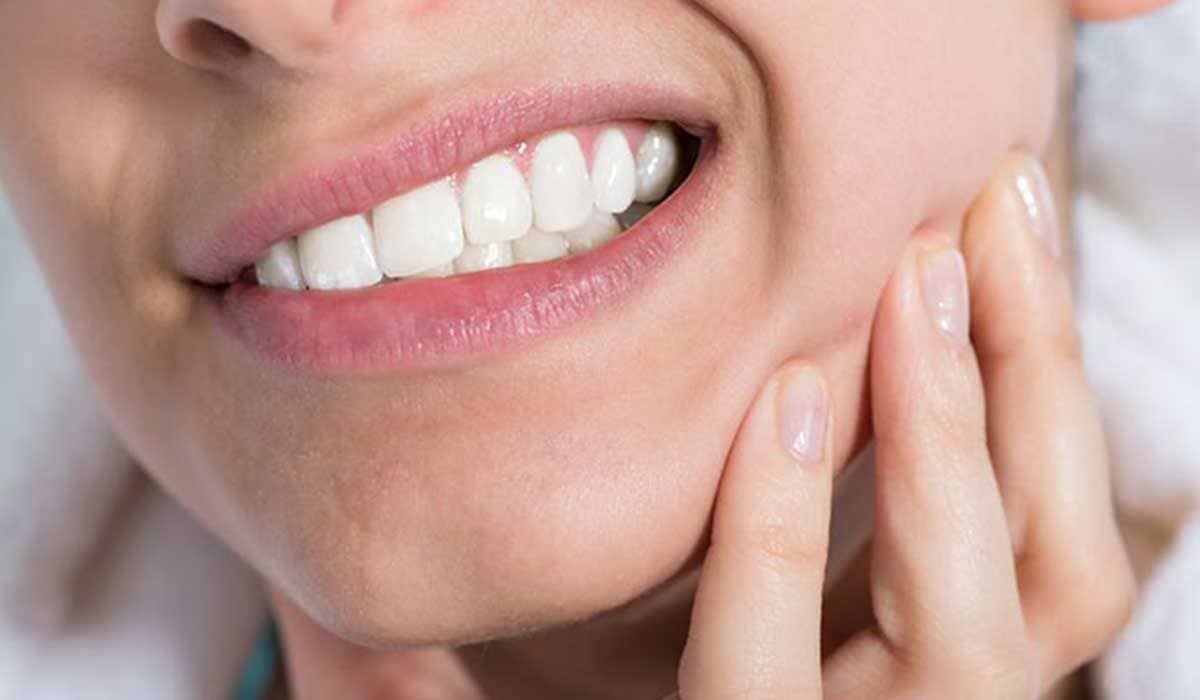
There can be multiple reasons for jaw pain. These reasons can be diverse or they can come from the same source. The severity of the pain and how much it interferes with your daily life is the main question that you should ask.A minor clicking sound can come and go in no time. While a temporomandibular joint issue would need a special care. If your problems are staying with you more than a week, you should consult a doctor or a dentist for the optimal diagnosis and recovery.
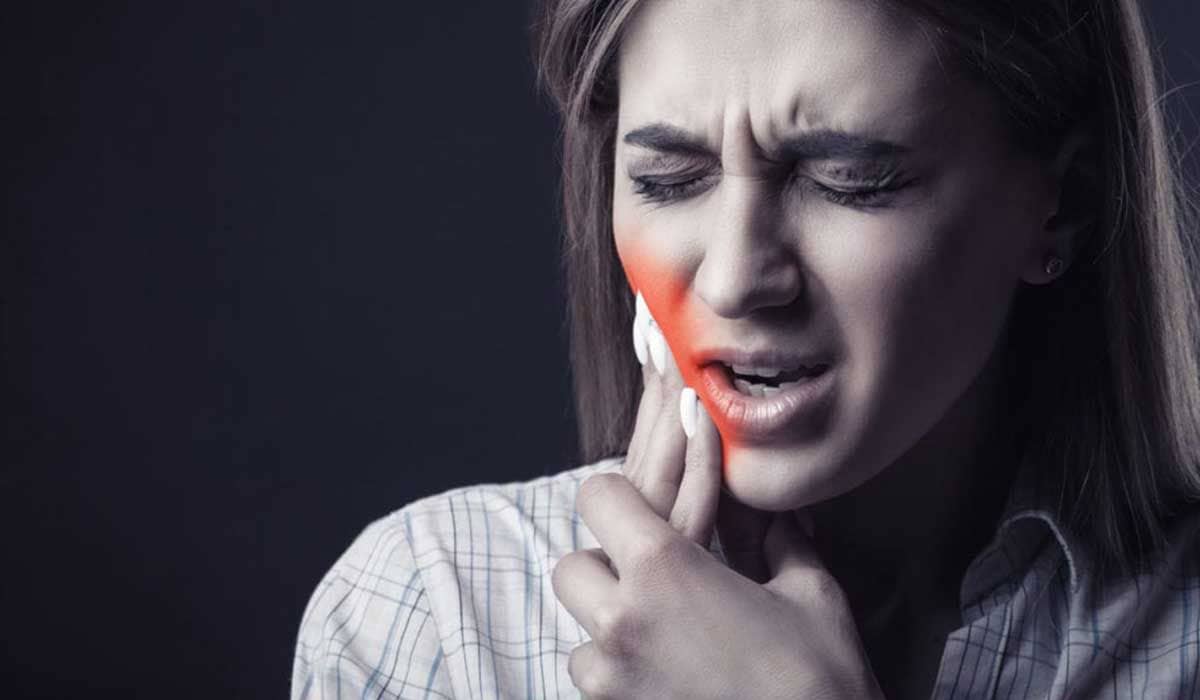
Some of the common jaw problems that you can experience are;
We already know that tmd joints are responsible for the movement of our mouth. Knowing these joints capabilities is actually very important. Pretty much %70 of the jaw issues are caused by temporomandibular joint damage. So, whether it be eating,drinking or mimicking someone with sticking our lower jaw, we should be careful with it.Some of the indicative’s of tmd joint issues are;
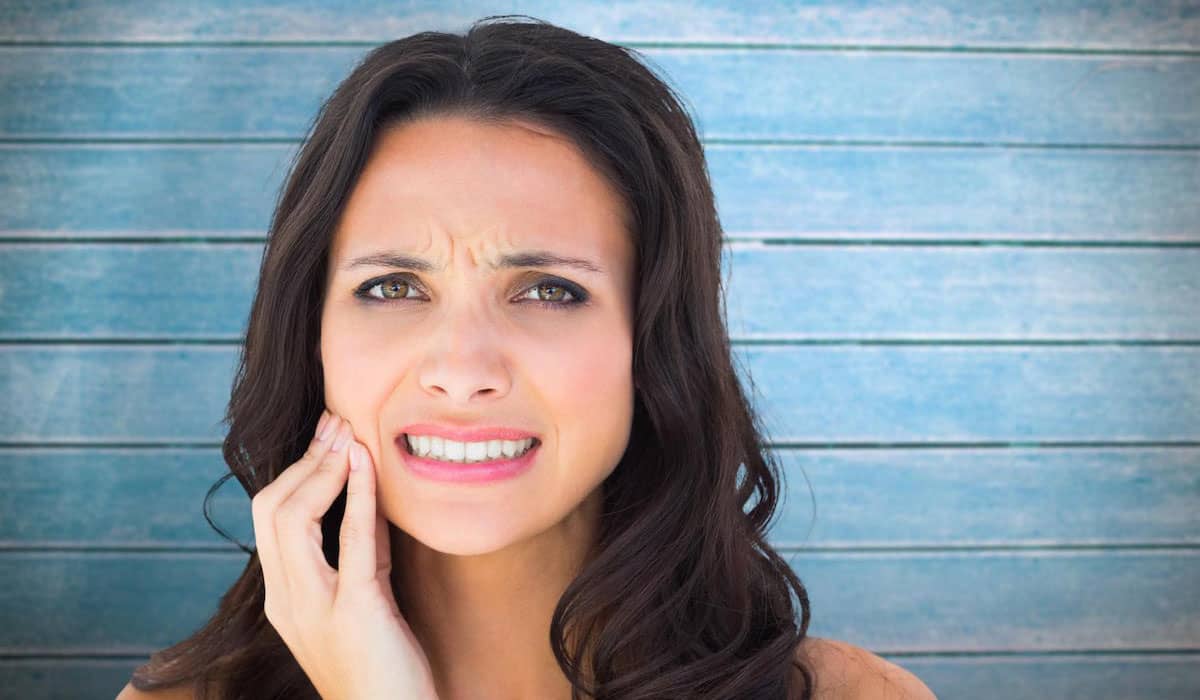
These joints are not as durable as you would think. There are several factors that result in a damaged tmd joint and these can happen easily. Some of these are;
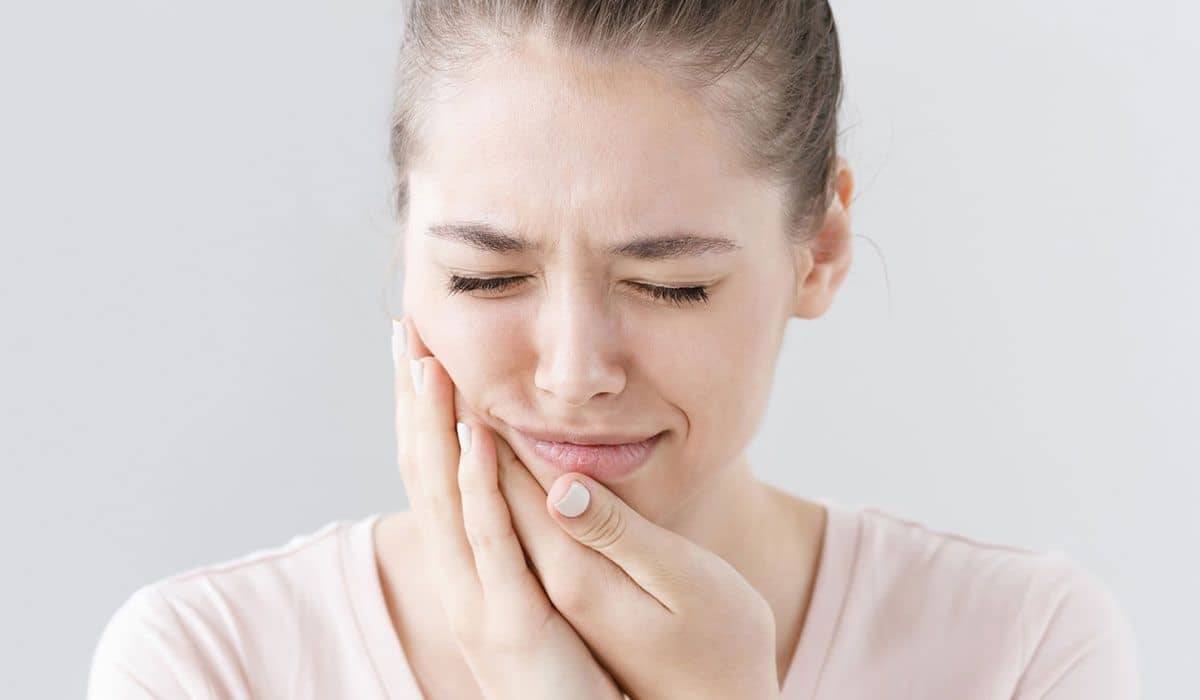
If you experience any of these and feel like there is something wrong with your mouth/jaw, you should consult with your doctor or your dentist immediately. Tmd joint disorders are no joke and they require treatment as soon as possible. Before that, you can do these to relieve the pain a bit;
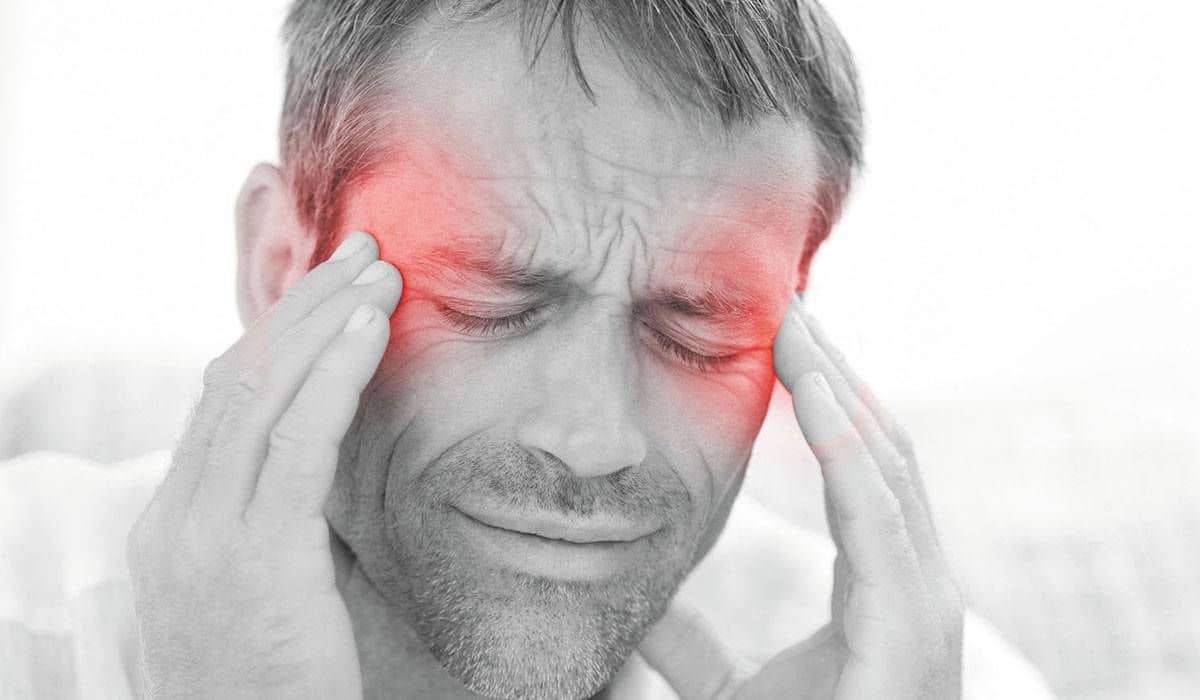
Majority of the time, joint issues are the reason for jaw pain. However, a dental problem caused by the teeth, can also be an underlying factor. Some of these are;
If you think you have any of these problems, consult your dentist for the optimal treatment.
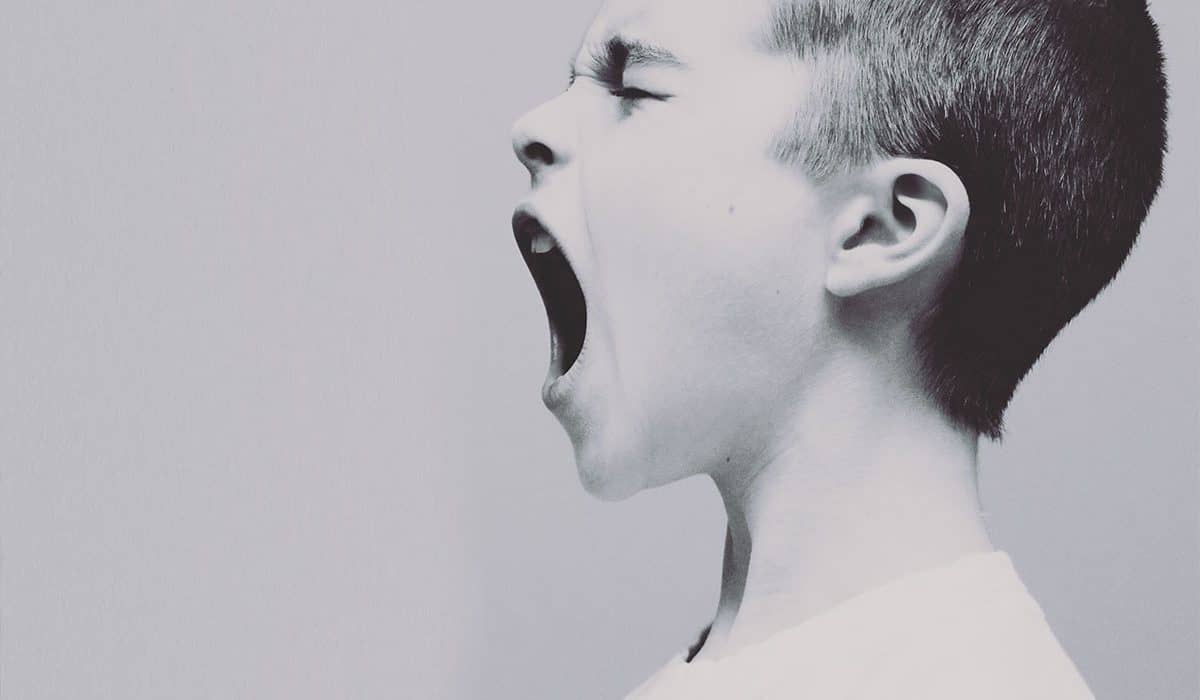
Sometimes, jaw pain can be the result of a broken jaw. Especially patients that play physical sports has a higher chance of getting an external jaw injury. The pain will be dependent on how hard they broke the jaw. It can be minor or severe, in every scenerio, it’s gonna hurt.When something like this happens, patients should consult with a doctor or a dentist immediately. A surgery might be necessary based on the severity of the situation. Till then, all other contact sports should be avoided and hot/cold treatments should be done. Pain reliever’s are also adviced to cope with the pain.
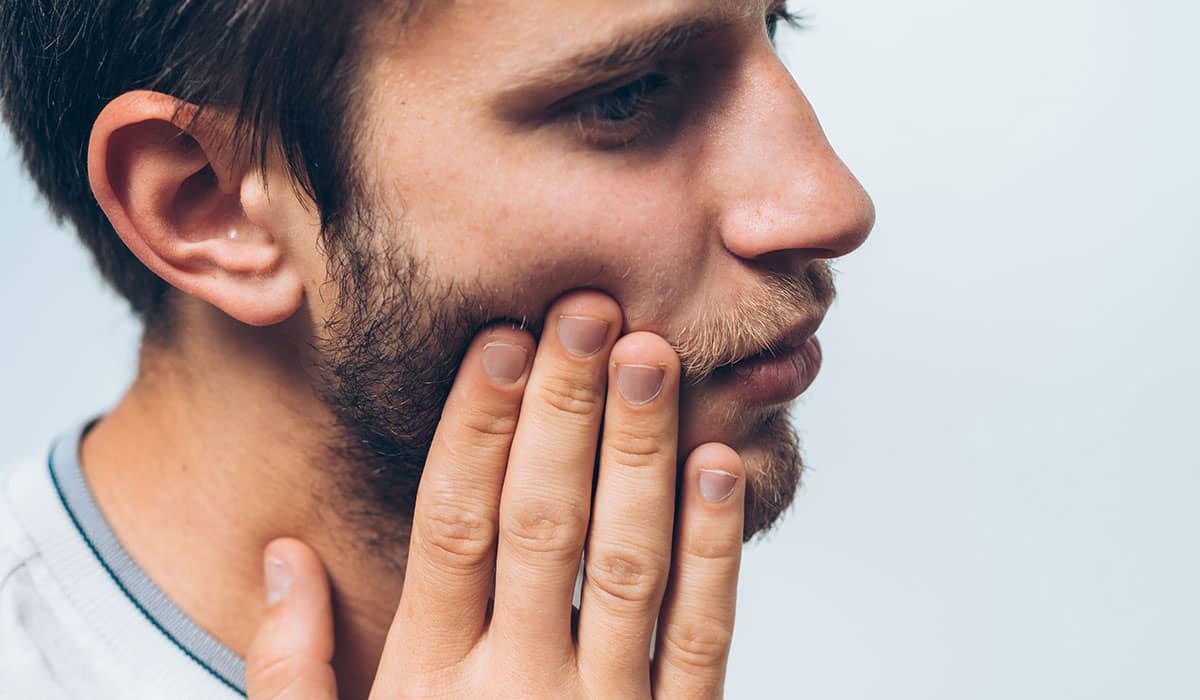
Cluster headache is a neurological disorder that happens around the eye area. They are known for being the most intense headache to feel. They often come with nasal congestion, watery eyes and a merciless pain. Even though this is a headache, the pain can travel to your jaw and cause pain there.There is no known cause for this type of headache. When faced with this, the patient should be calm and wait for the attacks to subdue. After that, patient should visit a doctor and create a treatment plan to reduce attack frequencies.
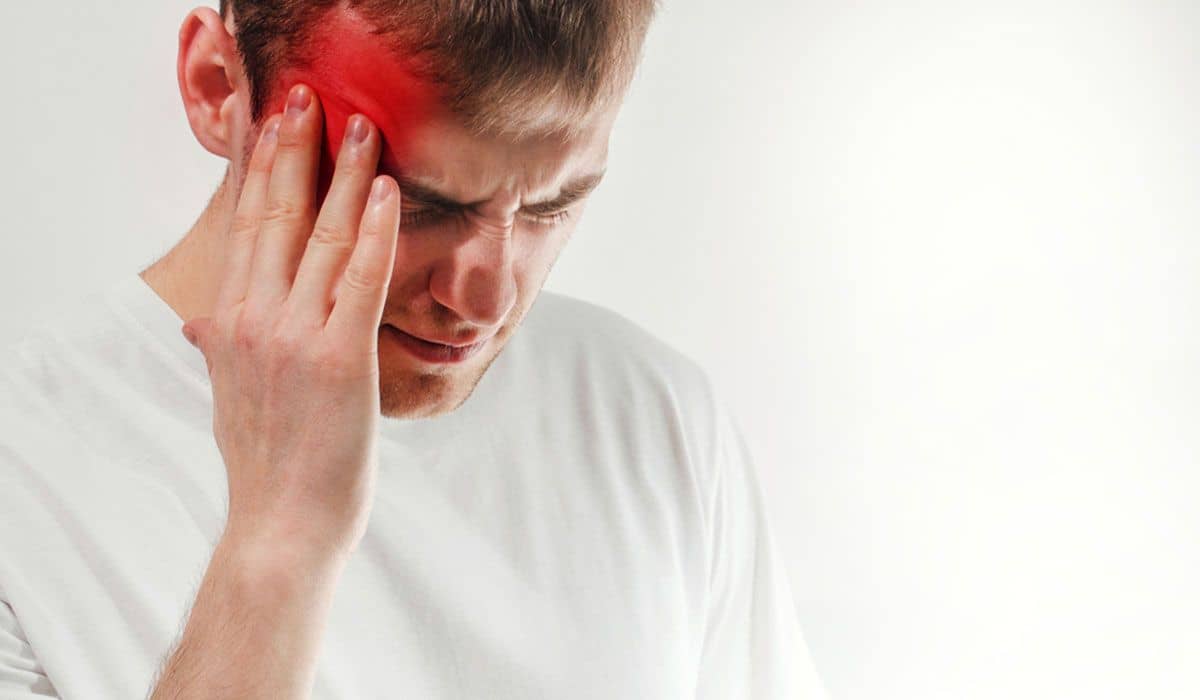
Allergic reactions,sinusitis or nasal polyps cause nasal passage to be blocked. İf this goes for a long time, all that excess mucus and inability to breath from nose, will put extra stress to the jaw. This extra stress can affect the jaw joints and cause jaw pain.Taking anti allergic pills and a nasal spray might open nasal passage. But, patients should consult with a doctor for the optimal diagnosis. If a deviated septum or nasal polyps are the reason for the congestion, a surgery will be needed.

It might be hard to believe, but jaw pain is considered a symptom for a heart attack. %99 of the time, it’s accompanied with a chest pain. These two are common symptoms of a heart attack. If you feel that you have some pressure at the jaw and heart area. Consult your doctor immediately.
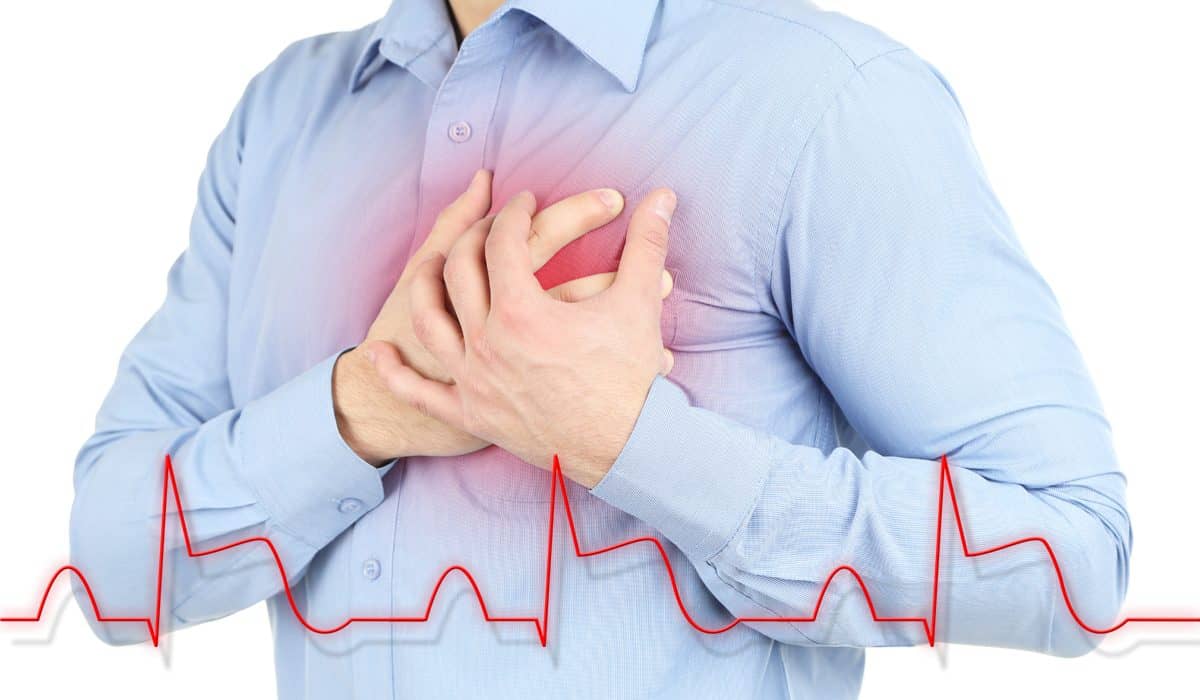
Jaw has a very specific job and there are couple of things that damage that. We should pay attention to our tmd joints and we should also avoid putting excessive stress to the jaw muscles. If you experience any of the above issues, you should consult with a doctor or a dentist for the recovery.